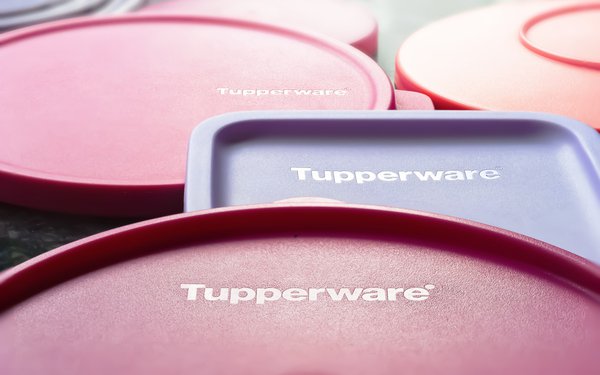
Tupperware Brands Corp. has filed for
bankruptcy as it continues to struggle with declining sales.
The company shuttered its last remaining plant in the United States earlier this year to no avail.
No mater what happens to the company, the name Tupperware will never go away.
“That’s because many consumers will continue to refer to their
resealable food containers as Tupperware, even if those containers are not Tupperware. (Most of them aren’t.),” according to The New York Times. “And that may have been a part of Tupperware’s problem. In
marketing parlance, a phenomenon that is likely to have played at least a small role in Tupperware’s demise is known as genericization, which is when a brand name becomes so well known that
it supplants the product itself.”
advertisement
advertisement
The same can be said for brands like Kleenex, which is synonymous with facial tissue, or Band-Aids, commonly used in instead of
adhesive bandage.
“It makes intuitive sense that being the first to bring a product to a market would give a brand the advantage,” according to The Atlantic. “But being the ‘first mover,’ as it’s called
in business parlance, isn’t a guarantee of being the most profitable. Tupperware is one of a batch of 20th-century brands, including Xerox and Polaroid, that created a product that defined their
field but then struggled to compete with imitators.”
The food storage container firm said it will ask for court permission to start a sale of the business and that it aimed to
continue operating.
“Despite attempts to freshen up its products in recent years and reposition itself to a younger audience, it has failed to stand out from
competitors,” according to the BBC. “After a brief surge in sales during the pandemic, as more people cooked at home, the firm
saw demand continue to slide. The rising cost of raw materials, higher wages and transportation costs have also eaten into its profit margins.”
The company's shares fell by
more 50% last week after reports that it was planning to file for bankruptcy.
The brand has a storied history, uniting Americans in a festive celebration of food
storage after World War II.
Its first marketing director was Brownie Wise, a columnist for The Detroit News who sold Tupperware with what she called "patio
parties,” according to Fox News. ‘“Few
products are more symbolic of household life in post-World War II America than Tupperware,’ said the Smithsonian American Women's History Museum.”